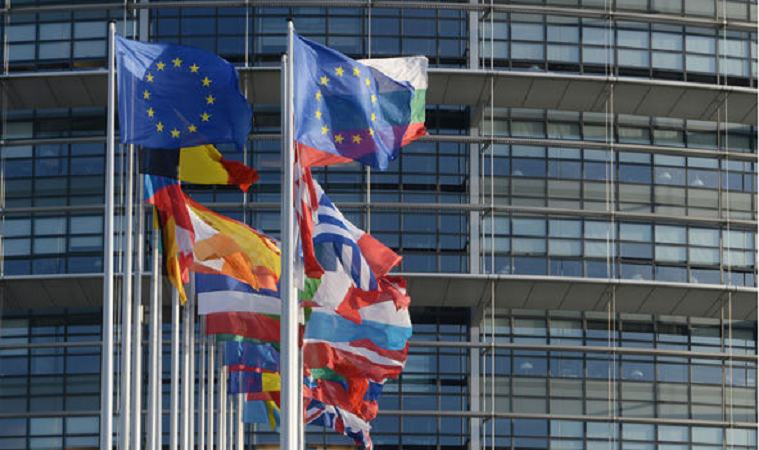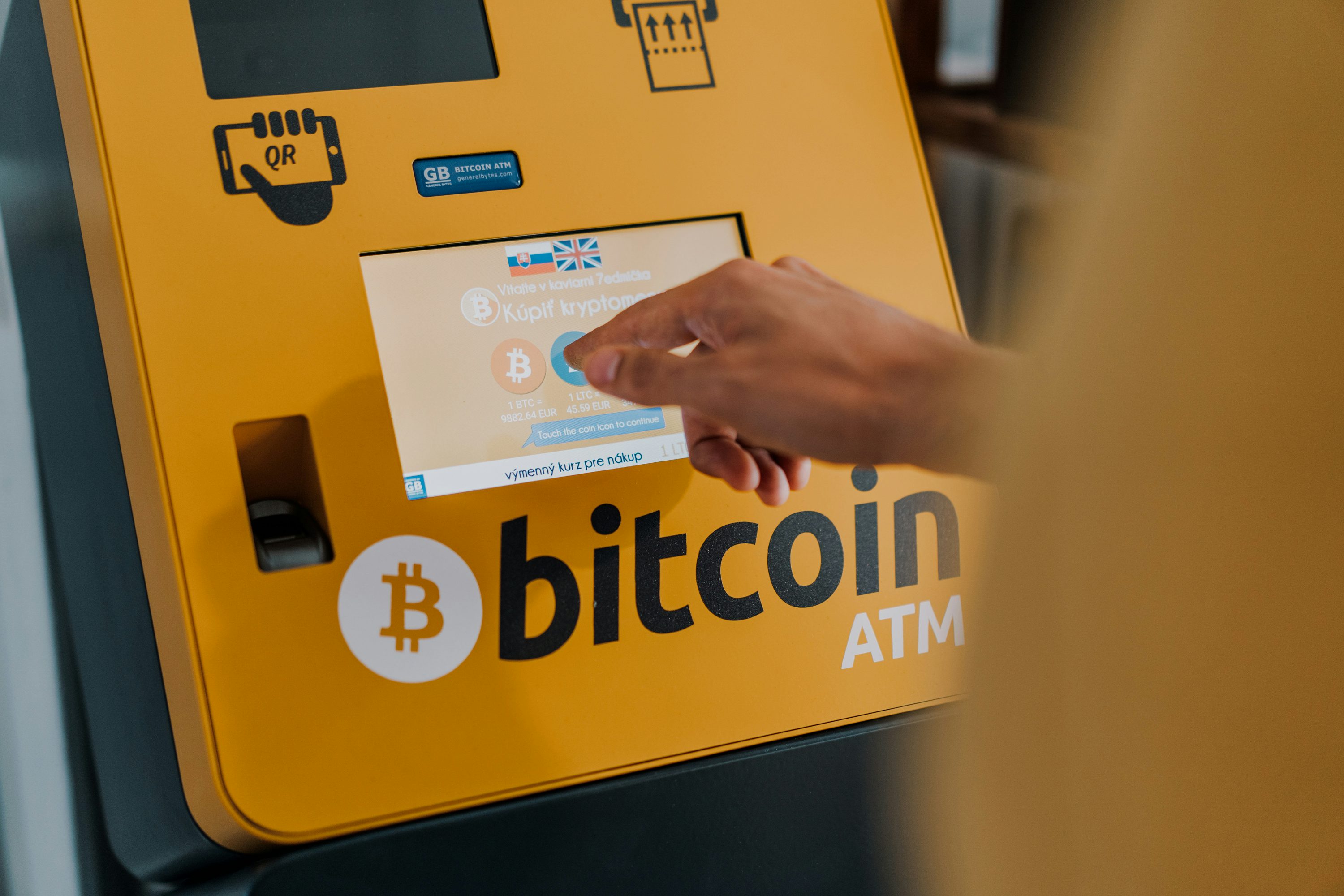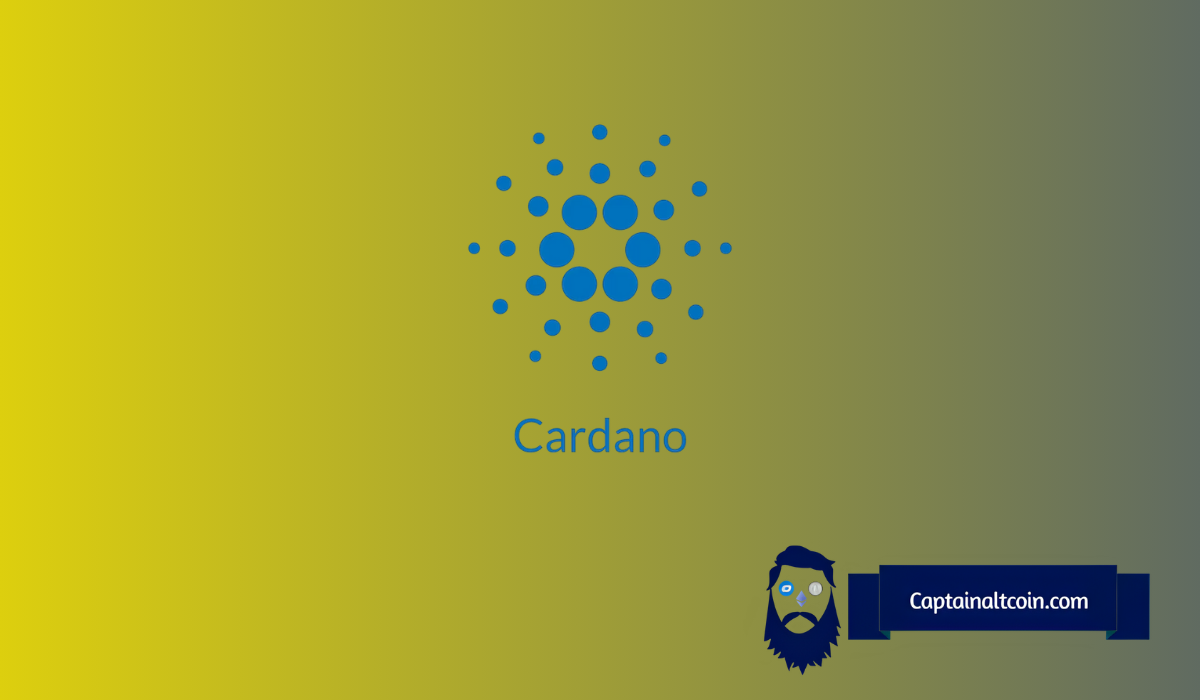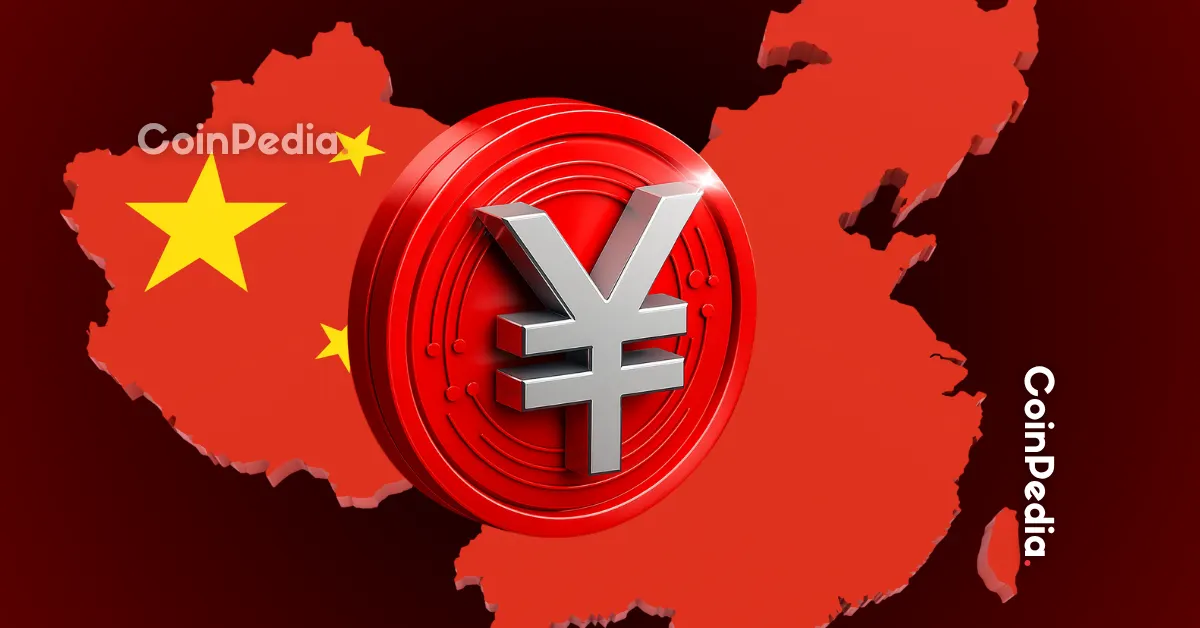EU Finds Meta and TikTok Breached Data Access Requirements Under Digital Services Act


The European Commission said on Friday that Meta Platforms and TikTok breached their obligations under the European Union’s landmark Digital Services Act (DSA) by failing to grant researchers adequate access to public data, and by making content flagging unnecessarily difficult for users.
In its preliminary findings, the EU executive said that Meta’s Facebook and Instagram, along with TikTok, had “burdensome procedures and tools” for researchers requesting access to public data — a requirement seen as central to ensuring transparency and accountability for large online platforms.
“Allowing researchers access to platforms’ data is an essential transparency obligation under the DSA, as it provides public scrutiny into the potential impact of platforms on our physical and mental health,” the Commission said.
Register for Tekedia Mini-MBA edition 19 (Feb 9 – May 2, 2026): big discounts for early bird.
Tekedia AI in Business Masterclass opens registrations.
Join Tekedia Capital Syndicate and co-invest in great global startups.
Register for Tekedia AI Lab: From Technical Design to Deployment (begins Nov 15th).
The DSA, which came into full effect last year, represents the EU’s most comprehensive effort to regulate Big Tech platforms. It mandates that major digital services take responsibility for moderating illegal and harmful content, reduce systemic risks such as disinformation and addiction, and ensure researchers can independently study the societal impact of their platforms.
The Commission added that Meta failed to provide “a user-friendly and easily accessible mechanism” for flagging illegal content — including child sexual abuse material and terrorist propaganda — on Facebook and Instagram. It said Meta’s content reporting tools were overly complex and contained “deceptive interface designs” that could confuse users or dissuade them from reporting harmful content.
“Such practices can be confusing and dissuading. Meta’s mechanisms to flag and remove illegal content may therefore be ineffective,” the EU executive said.

Meta, in response, pushed back against the Commission’s preliminary assessment.
“We disagree with the suggestion that we breached the DSA,” a Meta spokesperson told Reuters. “We have introduced changes to our content reporting options, appeals process, and data access tools since the DSA came into force and are confident that these solutions match what is required under the law in the EU.”
TikTok also said it was reviewing the findings and reaffirmed its commitment to transparency but raised concerns about conflicting legal obligations under different EU regulations.

“Requirements to ease data safeguards place the DSA and GDPR in direct tension,” a TikTok spokesperson said, referring to the EU’s General Data Protection Regulation (GDPR). “If it is not possible to fully comply with both, we urge regulators to provide clarity on how these obligations should be reconciled.”
The Commission’s report noted that both companies now have the opportunity to examine the findings and take remedial measures to avoid sanctions. The preliminary results do not prejudge the final outcome of the investigation, which remains ongoing.
If confirmed, the breaches could expose Meta and TikTok to fines of up to 6% of their global annual revenue — a penalty that, for Meta, could run into billions of euros.
The DSA’s enforcement powers have placed Big Tech under unprecedented scrutiny in Europe. Regulators have already opened multiple investigations into companies like X (formerly Twitter), Amazon, and Apple over alleged failures to meet transparency and safety standards.
The move signals that the EU is tightening the reins on digital platforms’ control over user data and research access, with regulators viewing transparency as critical in curbing the spread of misinformation, political manipulation, and mental health risks tied to algorithmic content.
Both Meta and TikTok are expected to engage in negotiations with the European Commission in the coming weeks to avoid formal sanctions.





